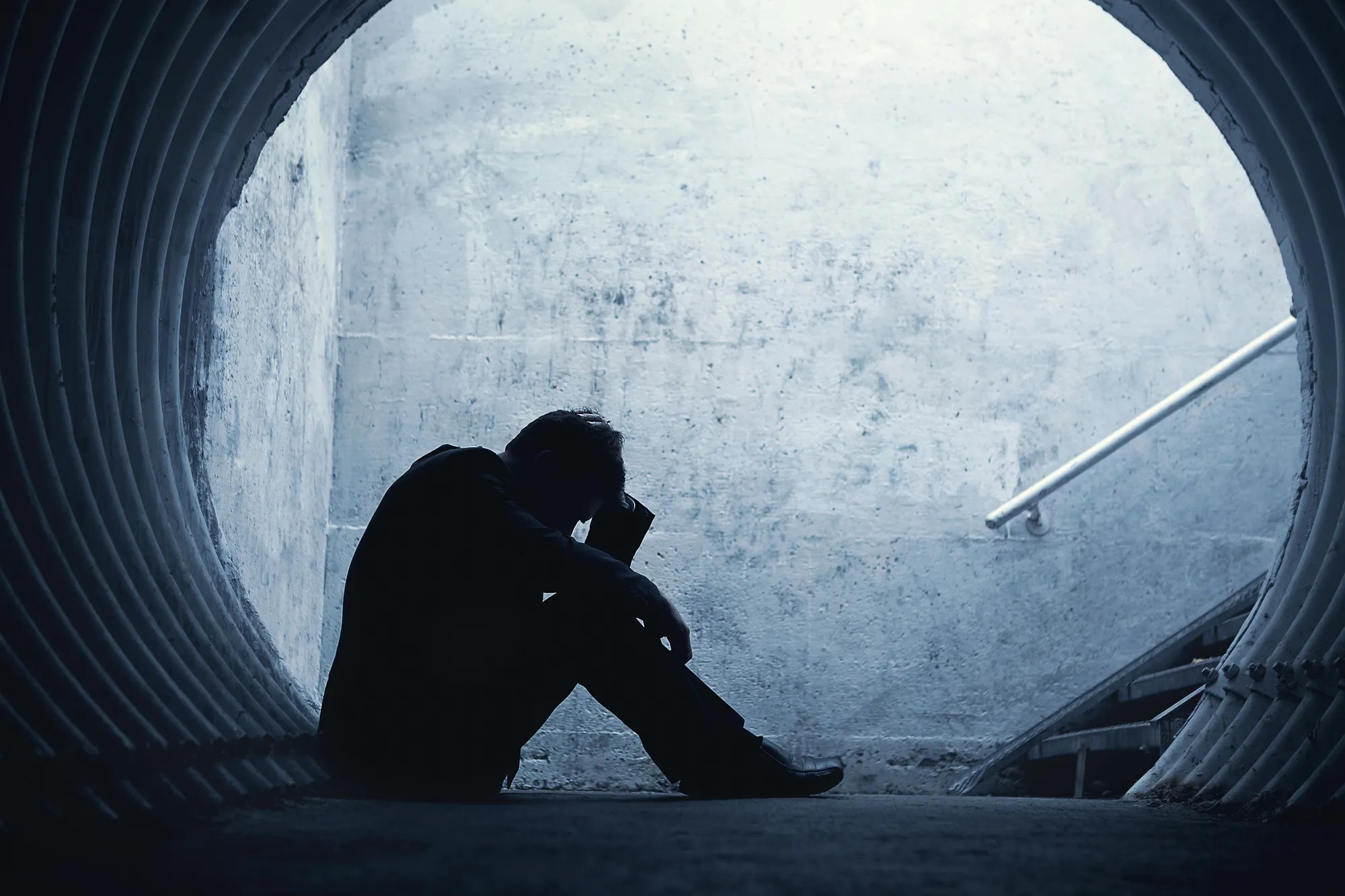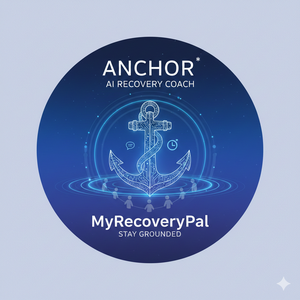
I stumbled across this quote from Scott Sauls recently, and it stopped me cold: “Too desperate to hide, too humbled to solo, too weak to judge, too needy to skip.”
As someone in recovery, these words perfectly capture what walking into my first AA meeting felt like. That raw, exposed feeling of being completely out of options — too broken to keep up appearances, too defeated to think I could fix myself alone.
For those on their own journey of healing and self-discovery, I’ve created a recovery journal with daily prompts that help process these feelings and track growth along the way.
Too Desperate to Hide
In early sobriety, I remember the exhaustion of trying to maintain the facade. The energy it took to pretend everything was fine had finally run out. When addiction strips away everything — relationships, self-respect, the ability to look at yourself in the mirror — you reach a point where hiding becomes impossible.
But this isn’t unique to addiction. Anyone who’s battled severe depression knows this exhaustion. The parent struggling with postpartum anxiety understands it. The person managing PTSD, the caregiver burning out, the grief-stricken widow — we all reach moments where the mask becomes too heavy to hold.
That desperation, though painful, became my greatest gift. It forced me to show up authentically for the first time in years. No more elaborate stories about why I couldn’t make it to family gatherings. No more carefully orchestrated social media posts showing only the good moments. Just me, raw and real, sitting in a circle of strangers who somehow understood exactly where I’d been.
The recovery community taught me that vulnerability isn’t weakness — it’s the foundation of genuine connection. When we stop hiding our struggles, whether with substance abuse, mental health challenges, or life’s overwhelming circumstances, we create space for real healing to begin.
Too Humbled to Solo
My ego wanted to believe I could white-knuckle my way through recovery alone. Read some quit-lit, maybe download a meditation app, and figure it out myself. But addiction had already proven that my best thinking got me to rock bottom.
This truth extends far beyond substance abuse. The entrepreneur whose business failed despite working 80-hour weeks. The perfectionist mom who can’t understand why she’s drowning despite doing everything “right.” The high achiever battling burnout who can’t productivity-hack their way to peace. We all eventually learn that our solo efforts have limits.
Humility in recovery means accepting that we need each other. It means raising your hand as a newcomer, asking for a sponsor, admitting when you’re struggling with cravings or life on life’s terms. In therapy, it means finally being honest about what’s really going on. In grief support groups, it means letting others witness your pain. The phrase “we can do together what we could never do alone” isn’t just recovery rhetoric — it’s a fundamental truth about human healing.
Too Weak to Judge
Before recovery, I was quick to judge others while desperately trying to hide my own struggles. But sitting in those rooms, hearing stories that mirrored my own from people I might have written off before — doctors, teachers, parents, teenagers — I realized we’re all just humans trying to figure it out.
This shift happens in therapy waiting rooms too. In support groups for chronic illness. In divorce recovery meetings. When you’ve had to admit complete defeat — whether over substances, your mental health, or life circumstances beyond your control — judgment of others becomes almost impossible.
You develop what we call “the gift of desperation” — a deep understanding that everyone is fighting battles we know nothing about. That impatient person in line? They might be counting days of sobriety, managing chronic pain, or processing a fresh diagnosis. The colleague who seems distant? They could be supporting a loved one through treatment or barely holding it together themselves.
When we acknowledge our own weakness, we stop weaponizing other people’s struggles. We stop comparing our insides to their outsides. Recovery from anything teaches us to lead with grace because we’ve been shown so much of it ourselves.
Too Needy to Skip
In my recovery, I wanted to skip meetings when I felt good, thinking I had it figured out. But recovery taught me that the meetings I least want to attend are often the ones I need most. Our disease — whether addiction, depression, or the simple human tendency toward isolation — tells us we’re different, that we don’t need what everyone else needs.
The same voice that tells the person with anxiety they don’t really need therapy this week. The one that convinces someone with depression that they can skip their medication because they’re feeling better. The whisper that says you don’t need to call your support system because you should be strong enough by now.
But here’s what recovery has taught me: we never graduate from needing community. The need for connection, for hearing and sharing our stories, for being reminded that we’re not alone — these aren’t signs of weakness. They’re signs of wisdom and self-awareness.
Whether it’s showing up for your home group, keeping that therapy appointment, attending your grief support circle, or simply answering honestly when someone asks how you’re really doing, participation isn’t optional. It’s the lifeblood of sustained healing.
Living in the Both/And
Today, I live in the beautiful paradox of recovery. Strong enough to help others, weak enough to know I still need help. Confident in my sobriety, humble enough to respect its daily nature. Grateful for how far I’ve come, aware of how quickly things can change.
This quote reminds me that authentic recovery — whether from addiction, mental health struggles, or life’s inevitable hardships — happens when we embrace our neediness rather than run from it. When we show up as we are, not as we wish we were.
If you’re in recovery or supporting someone who is, remember: your weakness isn’t something to overcome — it’s your gateway to genuine community and lasting change. The very things that feel like liabilities (desperation, humility, weakness, neediness) become our greatest assets when we stop fighting them and start sharing them.
Recovery taught me that we heal in community, grow through vulnerability, and find strength in admitting our weakness. I’m still too desperate to hide, too humbled to solo, too weak to judge, and too needy to skip — and I wouldn’t have it any other way.
Remember: asking for help isn’t giving up. It’s refusing to give up. If you’re struggling with addiction, mental health challenges, or life’s overwhelming circumstances, reach out. Recovery is possible, and you don’t have to do it alone.

Comments (0)
Login to leave a comment.
No comments yet. Be the first to share your thoughts!